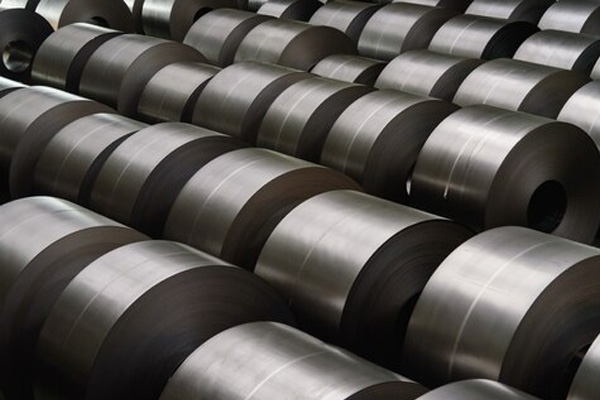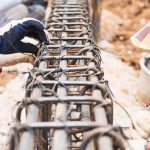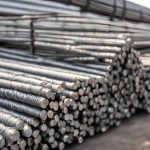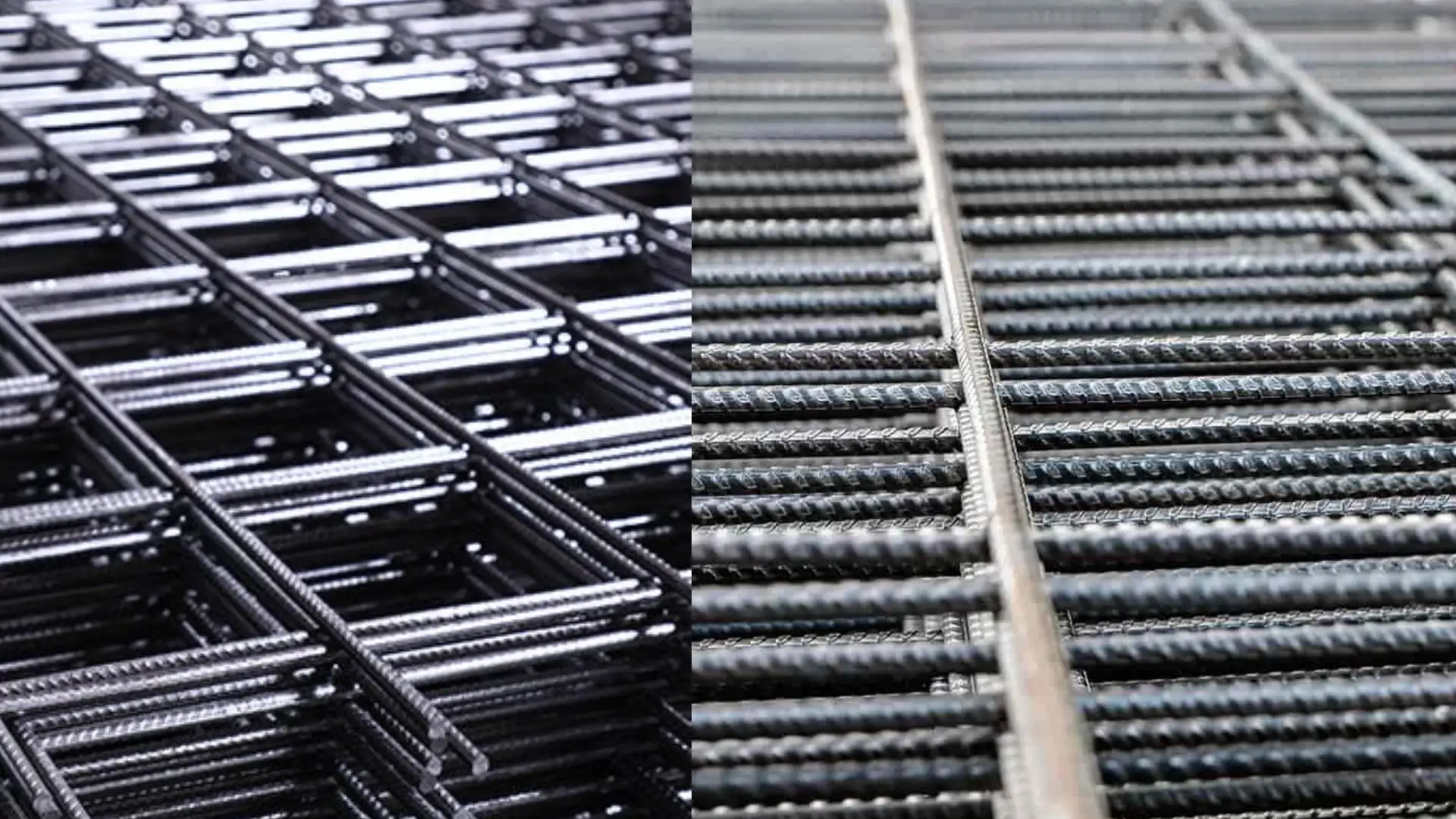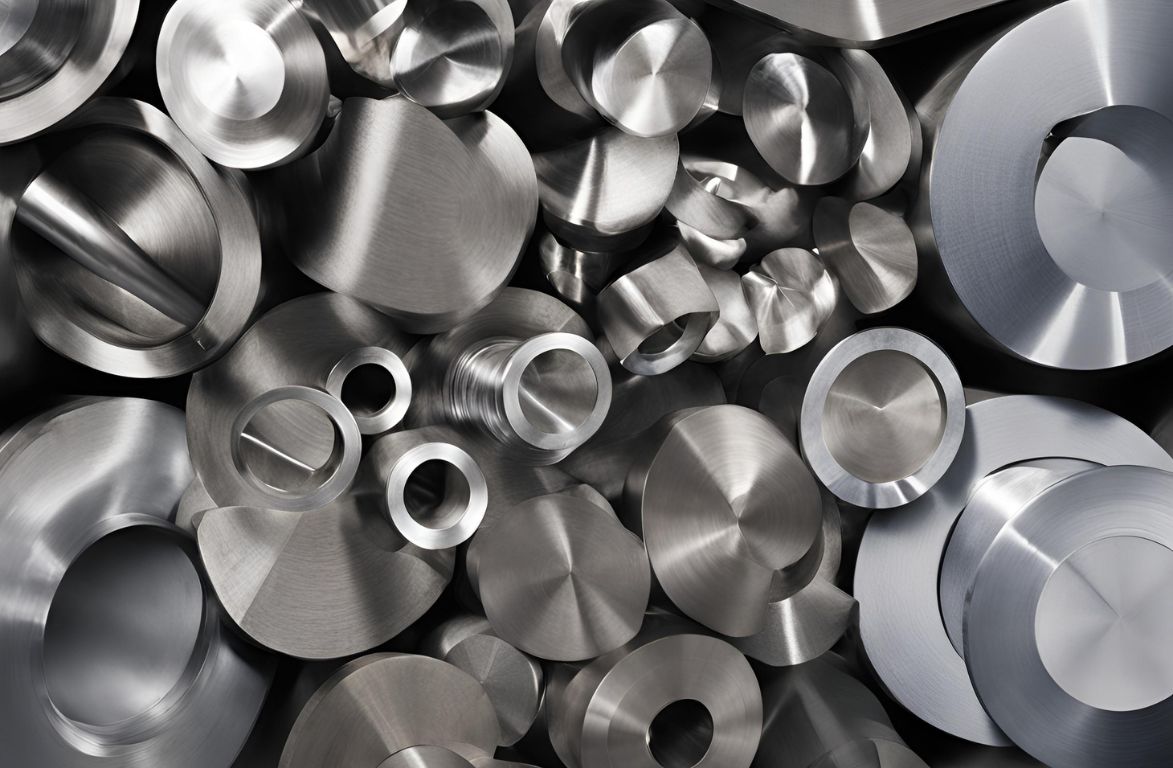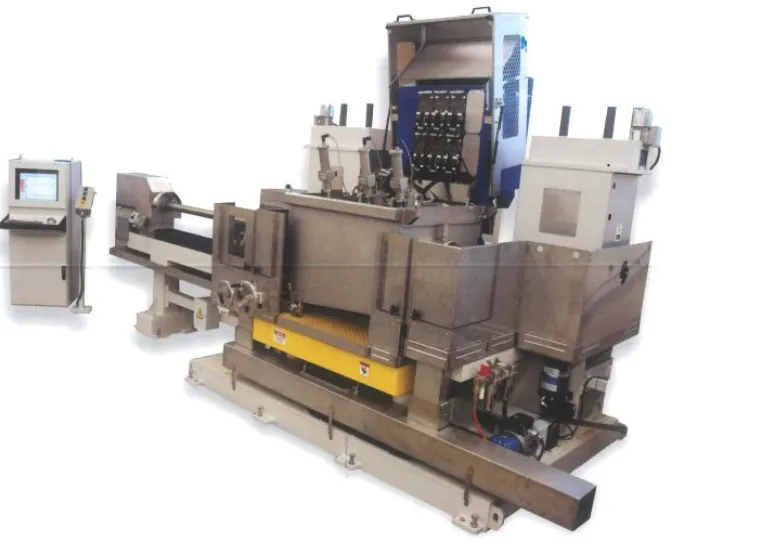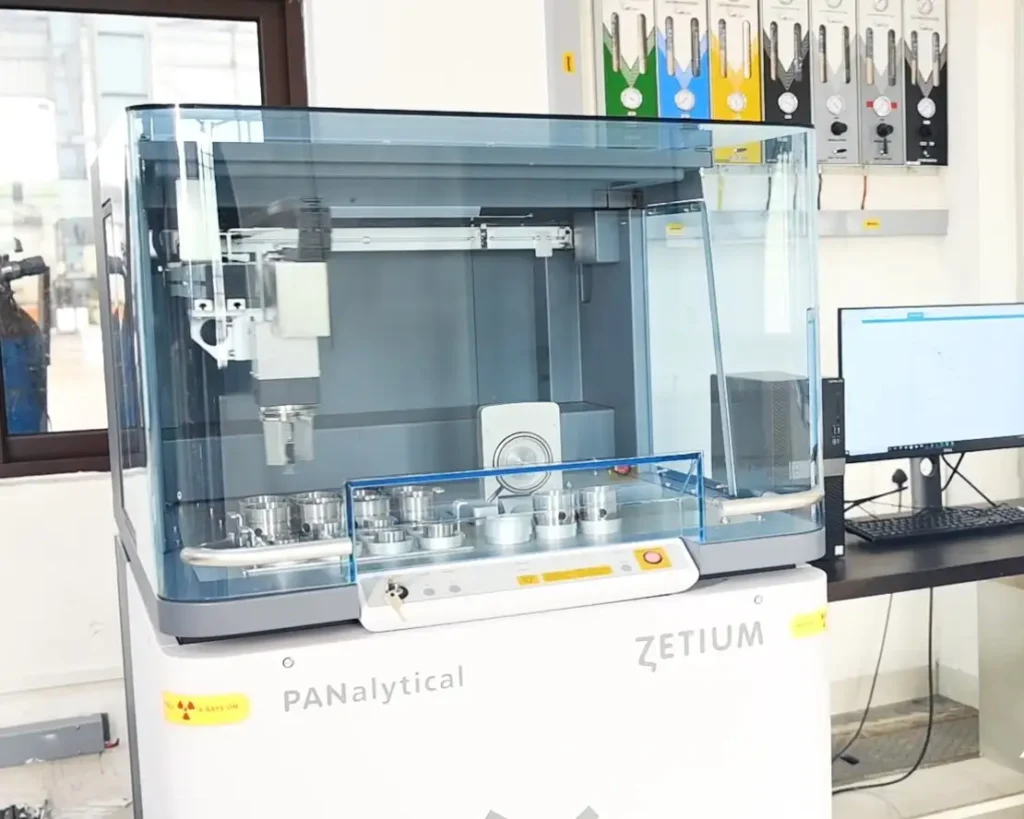Steel is made with a blend of iron and carbon. There are 3500 grades of steel, each having different physical, chemical, and environmental properties that are determined by the content of carbon, impurities, and alloys in them.The carbon content in steel can vary from 0.1% to 1.5% but the most commonly used steel grades usually have 0.1% -0.25% carbon. Other elements that are included in all kinds of steels are manganese, phosphorus, and sulfur. While manganese renders beneficial effects, phosphorus and sulfur are very essential to make the steel strong and durable. Based on their chemical composition, different grades of steel can be broadly categorized into 4 categories.
CARBON STEEL
Carbon steel comprises a large chunk of steel production i.e. almost 90 percent! It is characterized by a dull and matte appearance and can corrode very easily. Apart from carbon, other elements that are included in it are manganese, copper, and silicon. Carbon steel is further divided into 3 sub-categories:
- Low Carbon Steel – contains less than 0.3 % of carbon. It is the most common type of carbon steel.
- Medium Carbon Steel – contains 0.6% carbon and manganese. It is much stronger than low carbon steel.
- High Carbon Steel – contains more than 0.6% (up to 1.5%) of carbon. This is the strongest of the three but hard to work with.
ALLOY STEEL
Alloy steel is a mixture of several elements, for example – manganese, silicon, nickel, titanium, copper, chromium, and aluminum. These components are included in different proportions in the steel to control its properties such as hardenability, corrosion resistance, strength, formability, weldability, or ductility. This steel is relatively cheaper and is extensively used in mechanical applications, auto parts, generators, pipelines, etc.
STAINLESS STEEL
Stainless steel is most renowned for its corrosion-resistant property (200 times more resistant than mild steel). It is also extremely strong and has the ability to withstand very high temperatures.Due to these excellent characteristics, this shiny alloy is used in a plethora of applications such as making appliances, equipment, and utensils. Generally, stainless steel contains 10 to 20% chromium as the key alloying element with a low amount of carbon.With more than 100 grades, this category of steel is the most versatile of all and can be easily customized as per your particular requirements. According to their crystalline structure, stainless steels are divided into the following groups:
- Austenitic – The composition of austenitic steels is usually 18% chromium, 8% nickel, and less than 0.8% carbon. It does not possess any magnetic properties and is not heat-treatable. Austenitic steel is a huge part of the global steel industry and is used in various applications, including the manufacture of kitchen equipment and machinery.
- Ferritic – Ferritic steels are comparatively easier to work with. While they cannot be hardened by using heat treatment, their strength can be increased with the help of cold working. They are mainly composed of small amounts of nickel, 12 to 17 % of chromium, around 0.1% of carbon, and other alloying components like molybdenum, aluminum, or titanium.
- Martensitic – Containing about 11 to 17% chromium, less than 0.4% nickel, and 1.2 % carbon, martensitic steels are magnetic in nature and can be heat-treated. They are typically used in making knives, cutting tools, and medical equipment.
TOOL STEELS
As the name suggests, this carbon alloy steel is well-suited to make cutting and drilling tools. The key properties of this material include hardness, wear resistance, toughness, and resistance to softening at elevated temperatures.Tool steels are mainly made up of carbide-forming elements like tungsten, molybdenum, and vanadium in varying proportions. They also consist of cobalt and nickel that enhance their heat-resistant property and strength. Moreover, they are typically heat-treated to increase the hardness and used for stamping, shearing, and forming of plastics.Connect with us at Sunflag Steel to procure the best quality of steel for your requirements. Our experts will be happy to help you select the right products that are durable and last for a lifetime!

